Central Nervous System
The central nervous system (CNS) is the part of the nervous system consisting of the brain and spinal cord. It is responsible for processing and coordinating information received from the sensory organs and sending out instructions to the body's muscles and glands.
Components of the Central Nervous System
- Brain: The brain is the control center of the nervous system. It is responsible for thinking, memory, emotions, and controlling basic bodily functions.
- Spinal Cord: The spinal cord is a long, thin, tubular bundle of nervous tissue and support cells that extends from the brain. It serves as a pathway for nerve impulses to travel to and from the brain.
Functions of the Central Nervous System
The CNS has several key functions:
- Integration: It integrates and processes sensory information received from the body.
- Control: It controls voluntary movements and involuntary functions such as heartbeat and breathing.
- Homeostasis: It helps maintain the body's internal balance through its control of various bodily functions.
- Cognition: It is responsible for cognitive functions such as thinking, learning, and memory.
Study Guide
Here are some key points to remember when studying the central nervous system:
- Define the central nervous system and its components.
- Explain the functions of the central nervous system.
- Identify the parts of the brain and their respective functions.
- Describe the role of the spinal cord in the central nervous system.
- Discuss the importance of the central nervous system in maintaining homeostasis in the body.
Understanding the central nervous system is crucial for comprehending how the body's nervous system functions and how it coordinates various bodily activities.
.◂Science Worksheets and Study Guides Sixth Grade. Maps as models of the earth/Contour models
Study Guide Maps as models of the earth/Contour models
Maps as models of the earth/Contour models  Worksheet/Answer key
Worksheet/Answer key Maps as models of the earth/Contour models
Maps as models of the earth/Contour models  Worksheet/Answer key
Worksheet/Answer key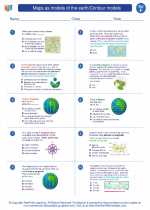 Maps as models of the earth/Contour models
Maps as models of the earth/Contour models  Worksheet/Answer key
Worksheet/Answer key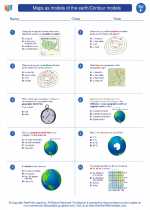 Maps as models of the earth/Contour models
Maps as models of the earth/Contour models  Vocabulary/Answer key
Vocabulary/Answer key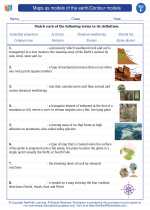 Maps as models of the earth/Contour models
Maps as models of the earth/Contour models  Vocabulary/Answer key
Vocabulary/Answer key Maps as models of the earth/Contour models
Maps as models of the earth/Contour models  Vocabulary/Answer key
Vocabulary/Answer key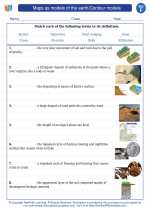 Maps as models of the earth/Contour models
Maps as models of the earth/Contour models  Vocabulary/Answer key
Vocabulary/Answer key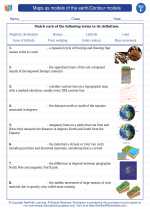 Maps as models of the earth/Contour models
Maps as models of the earth/Contour models  Vocabulary/Answer key
Vocabulary/Answer key Maps as models of the earth/Contour models
Maps as models of the earth/Contour models 

 Worksheet/Answer key
Worksheet/Answer key
 Worksheet/Answer key
Worksheet/Answer key
 Worksheet/Answer key
Worksheet/Answer key
 Vocabulary/Answer key
Vocabulary/Answer key
 Vocabulary/Answer key
Vocabulary/Answer key
 Vocabulary/Answer key
Vocabulary/Answer key
 Vocabulary/Answer key
Vocabulary/Answer key
 Vocabulary/Answer key
Vocabulary/Answer key

The resources above cover the following skills:
EARTH AND SPACE SCIENCE
Earth’s Systems
Students who demonstrate understanding can:
Develop a model to describe the cycling of Earth’s materials and the flow of energy that drives this process.